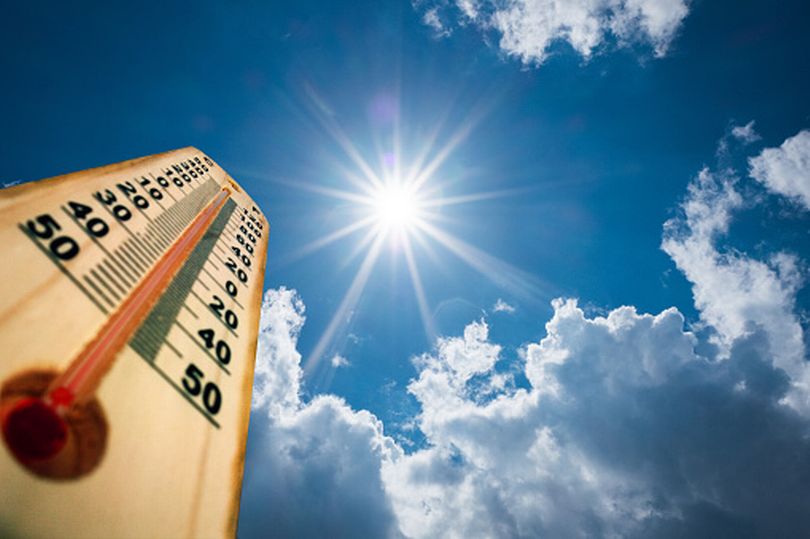Pakistan has recorded the highest Covid-19 positivity ratio of 5.46% during a single day after a gap of five months, the National Institute of Health (NIH) data showed Tuesday morning.
The last time the country recorded such a high positivity ratio – 5.55% – was on February 17. The number of deaths stood at 40 at the time. According to the NIH data, during the last 24 hours, 4,674 diagnostic tests were conducted across the country out of which 255 came back positive.
The condition of 141 COVID-19 patients, according to the NIH, is critical and they are being treated in intensive care units (ICU) at different medical facilities.
Per the NIH data, only one COVID-related death was reported in the country during the last 24 hours, taking the death toll to 30,424.
Experts blame two sub-variants of the Omicron variant, namely BA.4 and BA.5, for the rise in COVID-19 cases in Pakistan, saying that they have escape mutations that are giving them an edge.
They say the sub-variants have also been infecting people who are already vaccinated or have already been infected with COVD-19, but no evidence is available to show if they are causing any severe disease among the vaccinated people.
Amid Eidul Azha celebrations and relentless monsoon rains, Covid-19 cases across the country are resurging, with the positivity rate in the country’s financial capital, Karachi, reaching alarming levels to come in at 39.46 per cent on Tuesday.
According to data from the National Institute of Health (NIH), 408 tests were conducted in the metropolis on Friday, of which 161 came out to be positive on Saturday. The department said that Karachi reported the highest positivity rate followed by Islamabad, where the Covid-19 ratio clocked in at 7.69pc. Other cities that reported an infection rate of over 2pc included Lahore, Hyderabad, and Peshawar. Overall, the country detected 255 new Covid cases on Tuesday and the nationwide positivity rate stood at 5.46pc. In the last 24 hours, one person lost their life from the virus while 141 patients remained in critical care.
Earlier, the NIH had urged citizens to ensure the implementation of Covid precautionary measures during the festivities such as wearing masks, six-foot social distancing and proper sanitisation.
Meanwhile, the vice-chancellor of Health Services Academy, Professor Dr Shahzad Ali Khan, has expressed fear that Covid cases may rapidly increase during the upcoming religious events of Eidul Azha and Muharram-ul-Haram.
“People should strictly adhere to the standard operating procedures so that the pace of increase in cases could be controlled as it directly affects the occupancy rate of beds in hospitals,” he said, adding that if the number of cases continued to increase on a daily basis, there would be more admissions in the hospitals.
Dr Khan, who is also a member of the NCOC, said if the two religious events passed without witnessing any increase in cases, the country may not have the sixth wave of Covid-19.
Last week, the NCOC advised travelers to exercise caution, check weather forecasts and pre-book their hotel accommodations during the Eid holidays. Tourists have been advised to wear face masks, use hand sanitisers and avoid going to crowded places and maintain social distancing.
“It should be made sure that all tourists [are] vaccinated and those who have been vaccinated, should go for the booster dose,” the advisory stated. Tourists should check weather predictions and confirm hotel bookings before traveling. “As hotels and restaurants … remain jam-packed during Eid holidays, make sure that your residence is already booked and you have edible items [to] use in case of prolonged stay,” it stated.














